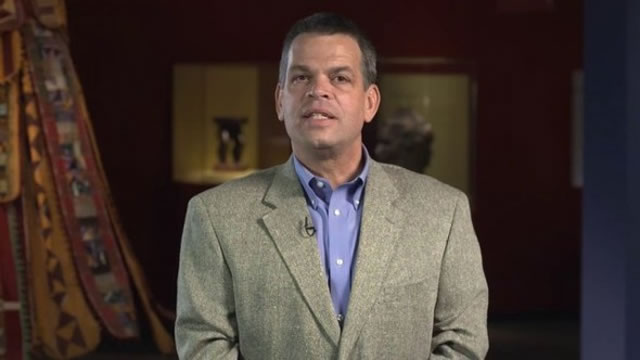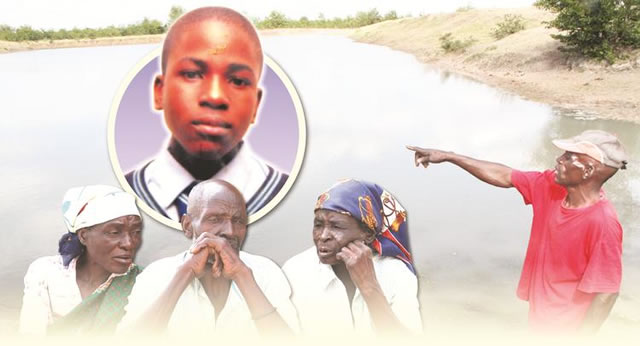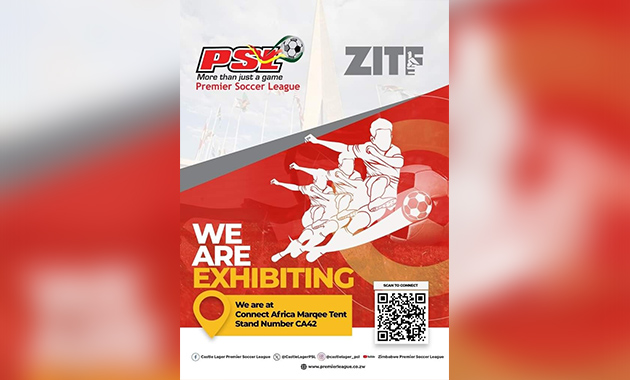US FREEZES Zimbabwe Embassy account

Pamela Shumba/Patrick Chitumba Senior Reporters
THE United States government last week froze the bank account of the Zimbabwe embassy, Finance Minister Patrick Chinamasa revealed yesterday.The seizure of the funds – which has since been reversed – saw embassy staff failing to access their pay, the minister told a business conference in Bulawayo, also attended by the United States ambassador to Zimbabwe, Bruce Wharton.
The bank account was unfrozen only after Zimbabwe took the matter up with the US State Department.
Cde Chinamasa said the US action, coupled with its continuation of economic sanctions against Zimbabwe, were a “landmine” planted to thwart the country’s efforts to fix the economy.
“I couldn’t believe it when I was told that the US had frozen the embassy account,” Cde Chinamasa said, speaking at the Zimbabwe International Business Conference at the Zimbabwe International Trade Fair.
“It created problems because we couldn’t send money to pay the embassy workers their salaries. We advised them to open a new account with a different bank, but this was not possible as every other bank gave them flimsy excuses.”
While Wharton later said that the bank account had since been unfrozen, a furious Chinamasa said it was wrong for the US to have frozen it in the first place.
“I know that the account has been unfrozen, but why do that in the first place? The account was only opened after talking to the State Department. Why go that far?” asked Cde Chinamasa.
He said illegal western sanctions were placing Zimbabwe’s economy under siege. He said he had not wanted to talk about US-Zimbabwe relations at the business forum but had no option as the US ambassador was also present.
He added: “I’m not saying all this to frighten anyone; but I want people to know where the landmines are, and I want us to find a way to tip-toe around the landmines.
“We shouldn’t be fooled by the Americans who tell us all sorts of reasons for the sanctions. The reason is the land reform programme. This programme has been very expensive for the country. It has come with huge costs.”
Meanwhile, speaking at an exhibition of President Robert Mugabe’s iconic images at the ZITF, the Minister of Information, Media and Broadcasting Services, Professor Jonathan Moyo, commended the US for its presence after years of boycotting the exposition.
He said their participation will give them an understanding of how harmful the illegal sanctions they imposed on Zimbabwe were.
Prof Moyo said time had come for the US government to promote trade with Zimbabwe after the broad endorsement of the July 2013 harmonised elections convincingly won by Zanu-PF.
“Time has come for them to promote trade. You can’t come here saying you’re an honest broker and show one hand and hide the other with hostility and animosity. We receive them with both hands and ask them to show the two hands and stop the behaviour they have been doing since 2001. We’ll be keenly following what they do after this.”
Prof Moyo said Zimbabwe was anxious to restore normal diplomatic relations with everyone in the international community.
“One of the things that make us really believe that after the 2013 elections, the general atmosphere in the country even as we speak now is reminiscent of spirit of 1980, is among other things exemplified by the presence of even our detractors,” Prof Moyo said.
“You see in 1980, we won against our detractors but after the victory, we celebrated with them. They came and became part of a new order. And we’re seeing that again. Yes there’ve been serious quarrels over the last 15 years where our independence, a very important asset, was under attack and we defended successfully as shown by the absolute majority in the elections.”










Comments